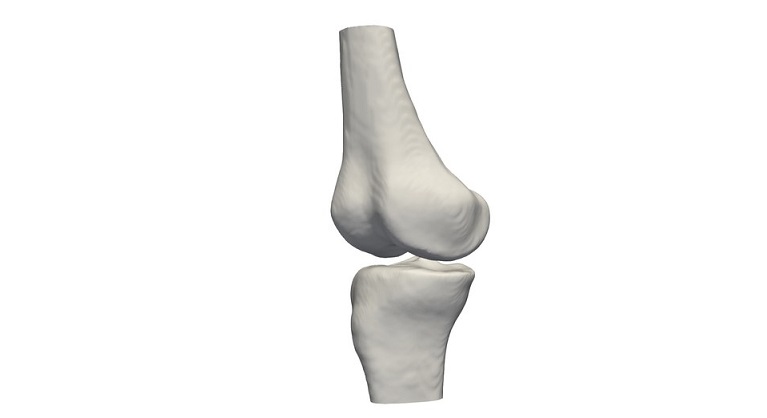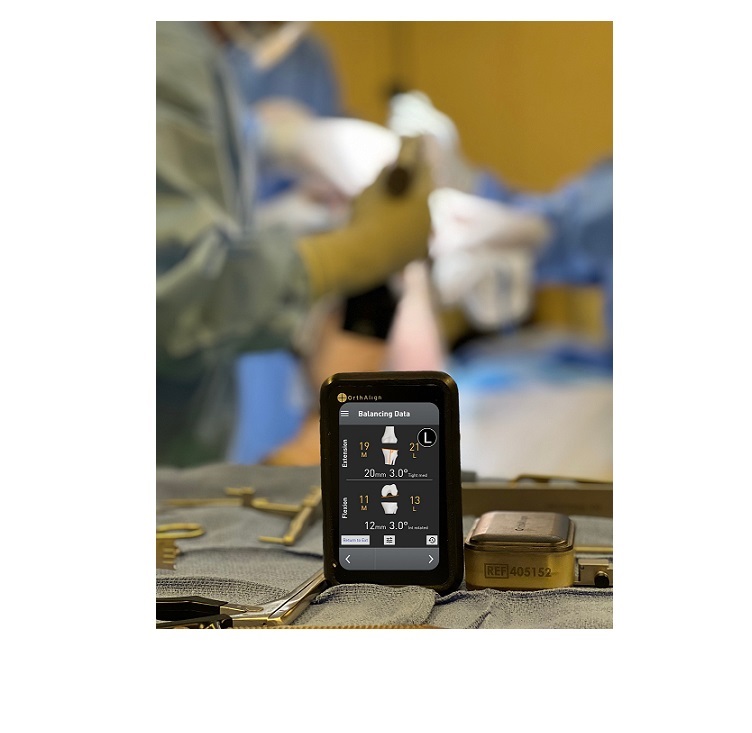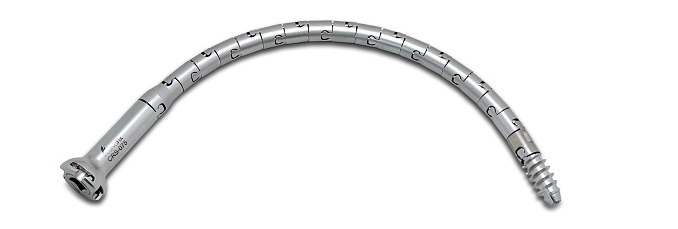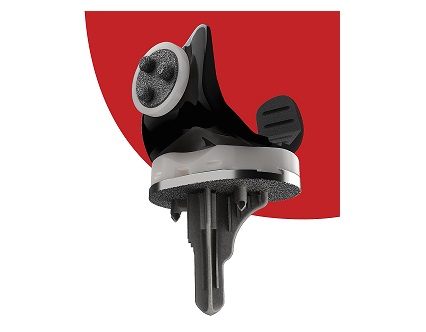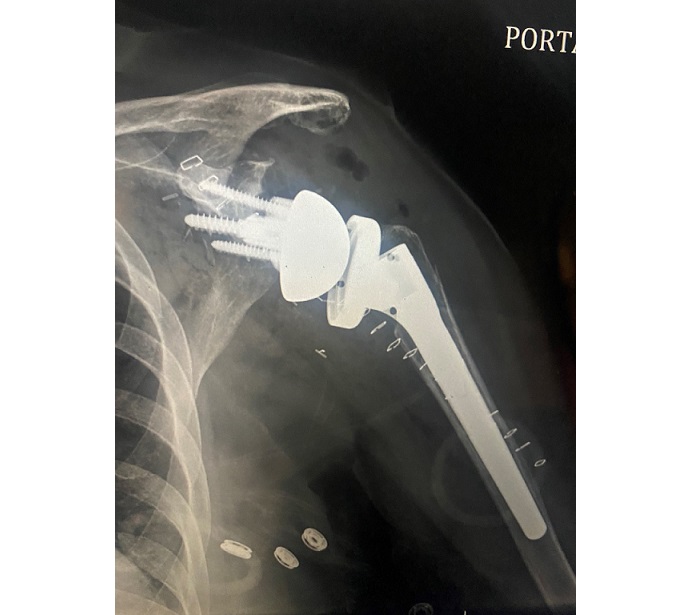A tool for reconstruction of a 3D model of the knee from 2D X-ray images is being evaluated on clinical data at a leading medical center with promising results
TEL AVIV, Israel and SAN JOSE, Calif., Oct. 27, 2022 /PRNewswire/ — RSIP Vision, an experienced developer of groundbreaking AI technologies for medical imaging, today reveals preliminary results from an ongoing clinical study for the evaluation of the reconstruction of a 3D knee model from 2D X-ray images at Assuta Medical Center in Tel Aviv. This tool is based on novel, patent-pending technology, implementing advanced artificial intelligence (AI) to produce an accurate model of the knee from two X-ray images of the knee (Anteroposterior and lateral views). This model can be used for surgical planning and navigation during knee orthopedic procedures, such as total knee replacement.
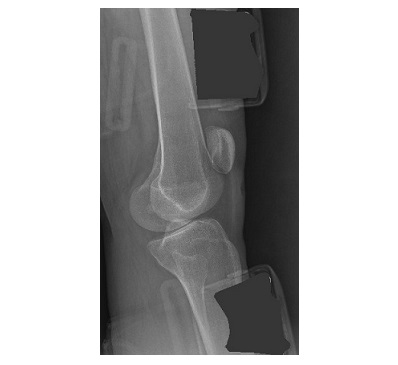
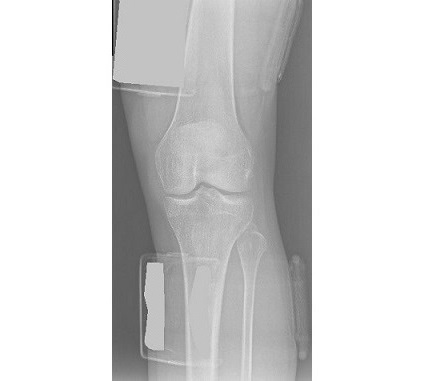
“Robotic and patient-specific solutions for total knee arthroplasty (TKA) often require a CT scan for accurate 3D reconstruction of the knee bones.” said Moshe Safran, U.S. CEO at RSIP Vision. “Our knee reconstruction solution utilizes two standard X-ray images to produce a 3D model of the knee joint, comparable to the CT-based models. Our preliminary clinical study results demonstrate high accuracy, which we expect will be suitable for clinical applications. We believe our solution can alleviate the need for a knee CT-scan for TKA preoperative planning, providing access to precision planning for a much wider patient population.“
The goal behind the development of this tool is to produce a high-grade, 3D model of the knee for surgical planning or navigation, with two main benefits, clinical and operational. The clinical benefit is lower levels of radiation exposure from X-ray imaging compared to a complete knee CT scan. Operationally, X-ray imaging has better accessibility than CT, is more widely reimbursed in the U.S. healthcare system, and is often lower in cost. To address the challenge of 3D reconstruction from standard X-ray images, both the unique AI technology and a custom tailored, low-cost calibration device developed by RSIP Vision are employed. After acquisition of AP and lateral X-rays, the software automatically creates a detailed 3D model of the knee joint, which can then be used for surgical planning.
The clinical evaluation of this tool is currently being conducted in Assuta Medical Center in Tel-Aviv, a leading center in Israel. The inputs to the system are two X-ray images of the knee: Anterior-Posterior and Lateral. The system automatically produces a 3D model of the femur and tibia. The accuracy of the tool is proven by comparing the resulting 3D models to the ground truth patient anatomy given in a corresponding CT scan. RSIP Vision plans to expand this clinical study into a medical center in the USA, and ultimately receive FDA clearance. In parallel, RSIP Vision is working to extend this solution to additional anatomical regions such as the hip and shoulder joints.
“Patient specific surgical planning, especially in cases with bone deformity or anatomical variations, requires an accurate 3D model of the knee for implant assessment and procedural approach planning,” said Dr. Shai Factor, an orthopedic surgeon from Tel-Aviv Medical Center. “The CT scan is a good solution, but using X-ray images instead, is more feasible and will speed up the preoperative preparation process, while at the same time reducing radiation exposure. This new tool will provide the physician with a state-of-the-art 3D model of the knee without the need for a CT scan.“
About RSIP Vision
RSIP Vision is driving innovation in Visual Intelligence for Medical Devices, through advanced AI and computer vision applications. A proven global leader, with an extensive track record and over 25 years in the field, trusted by the largest, industry leading medical device companies. RSIP Vision offers clinical-grade AI solutions that provide medical device companies with advanced visual intelligence capabilities, to stay ahead of the rapid AI adoption curve and maintain their competitive edge. Our software can be found in medical devices in leading facilities worldwide, ensuring our customers remain at the forefront of the latest medical computer vision advances.
RSIP Vision is headquartered in Jerusalem, and has a U.S. office in San Jose, CA.
More information is available on the company website: https://www.rsipvision.com/
SOURCE RSIP Vision


